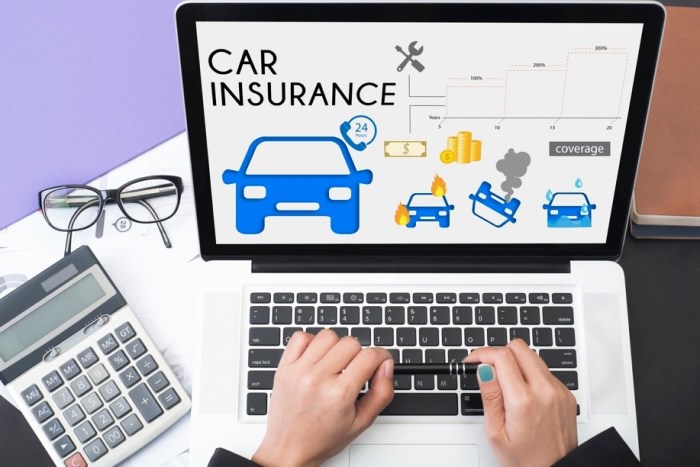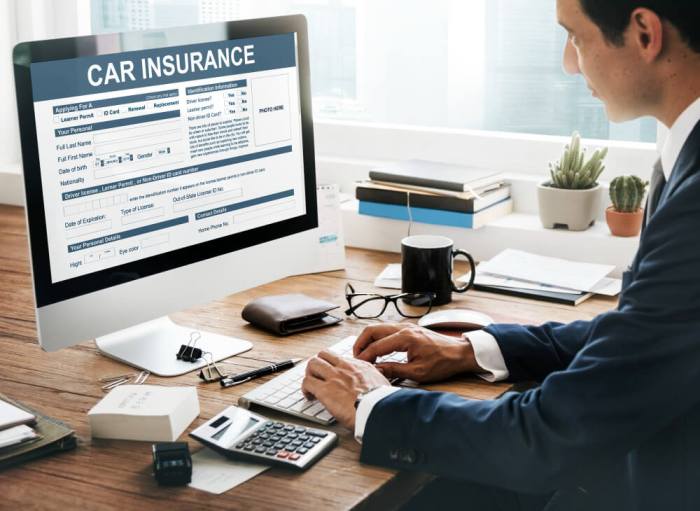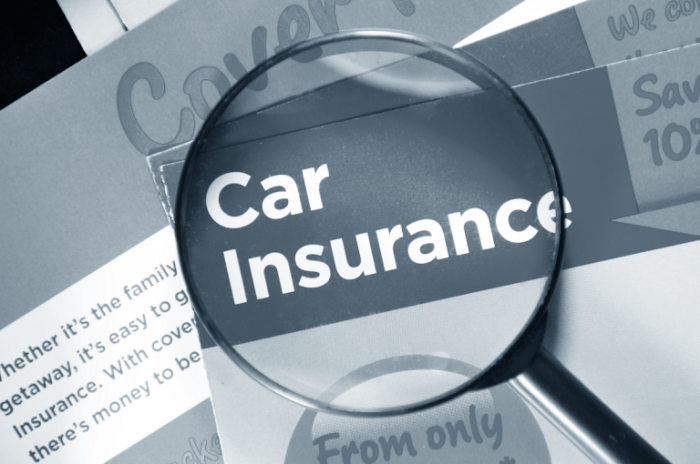Choosing the right auto insurance policy is a crucial decision that can have a significant impact on your financial well-being. This guide will walk you through the important aspects to consider when selecting the perfect coverage for your needs.
Importance of Auto Insurance

Auto insurance is crucial for protecting yourself, your vehicle, and others on the road. It provides financial security in case of accidents, theft, or damage to your car.
When it comes to towing trailers, having a reliable truck is essential. Check out our list of top-rated trucks for towing trailers that offer power and stability for all your hauling needs.
Consequences of Driving Without Insurance
- Legal penalties and fines for driving uninsured.
- Financial responsibility for all damages and medical expenses in case of an accident.
- Lack of coverage for your own vehicle in case of theft or damage.
Legal Requirements for Auto Insurance
- Each region has specific laws determining the minimum required auto insurance coverage.
- Common types of required coverage include liability insurance, personal injury protection, and uninsured/underinsured motorist coverage.
- Driving without the necessary insurance coverage can lead to license suspension, vehicle impoundment, and legal consequences.
Types of Auto Insurance Policies

When it comes to auto insurance, there are several types of coverage available to protect you and your vehicle in different situations.
Liability Insurance
Liability insurance is mandatory in most states and covers the cost of damages and injuries to others in an accident where you are at fault. This type of coverage does not pay for your own injuries or vehicle damage.
Collision Insurance
Collision insurance covers the cost of repairing or replacing your vehicle if it is damaged in a collision with another vehicle or object, regardless of fault. This coverage is especially beneficial if you have a newer car that would be expensive to repair or replace.
Comprehensive Insurance
Comprehensive insurance covers damage to your vehicle from non-collision incidents such as theft, vandalism, fire, or natural disasters. This coverage is valuable for protecting your vehicle from a wide range of risks beyond just accidents.
Uninsured/Underinsured Motorist Coverage
This type of coverage protects you if you are involved in an accident with a driver who does not have insurance or does not have enough coverage to pay for your damages. It can help cover your medical expenses and vehicle repairs in these situations.
Personal Injury Protection (PIP)
Personal Injury Protection, or PIP, covers medical expenses for you and your passengers regardless of who is at fault in an accident. This coverage can help with medical bills, lost wages, and other expenses related to injuries sustained in a car accident.
Rental Reimbursement Coverage
Rental reimbursement coverage helps pay for a rental car if your vehicle is in the shop for repairs after a covered accident. This can be a useful add-on to your policy to ensure you have transportation while your car is being fixed.
Gap Insurance
Gap insurance covers the difference between what you owe on your car loan or lease and the actual cash value of your vehicle if it is totaled in an accident. This can be beneficial if you owe more on your vehicle than it is worth.
Factors to Consider
When choosing an auto insurance policy, there are several key factors to consider to ensure you get the right coverage for your needs. Factors such as personal driving habits, vehicle type, deductibles, premiums, and coverage limits all play a crucial role in determining the overall cost and level of protection of your policy.
Personal Driving Habits and Vehicle Type
It’s important to understand that your personal driving habits and the type of vehicle you drive can significantly impact your insurance rates. If you have a history of accidents or traffic violations, you may end up paying higher premiums. Similarly, certain vehicle types, such as sports cars or luxury vehicles, may also result in higher insurance costs due to their increased risk of theft or accidents.
Significance of Deductibles, Premiums, and Coverage Limits
– Deductibles: The deductible is the amount you agree to pay out of pocket before your insurance kicks in. Choosing a higher deductible can lower your premiums, but it also means you’ll have to pay more in the event of a claim.
– Premiums: Your premium is the amount you pay for your insurance policy. Factors such as your age, driving record, and coverage options can all affect your premiums. It’s essential to find a balance between affordable premiums and adequate coverage.
– Coverage Limits: The coverage limits determine the maximum amount your insurance company will pay for a claim. It’s crucial to ensure that your coverage limits are sufficient to protect your assets in case of a serious accident. Consider factors such as your financial situation and the value of your assets when determining your coverage limits.
Choosing the Right Coverage: Choosing The Right Auto Insurance Policy
When it comes to selecting the right auto insurance coverage, it’s essential to consider your individual needs and budget. With a wide range of options available, finding the most suitable policy can be a daunting task. Here is a step-by-step guide to help you navigate through the process and make an informed decision.
Comparing Insurance Providers
Before choosing an auto insurance policy, it’s crucial to compare different providers based on coverage options and rates. Design a table that lists out various insurance companies, along with the types of coverage they offer and the corresponding rates. This comparison will give you a clear picture of what each provider has to offer and help you choose the one that best fits your requirements.
Tailoring Coverage to Individual Needs, Choosing the right auto insurance policy
To ensure you have adequate coverage while staying within your budget, it’s important to customize your policy according to your individual needs. Consider factors like the value of your vehicle, your driving habits, and any specific risks you may face on the road. By adjusting your coverage levels and deductibles, you can tailor your policy to provide the protection you need without paying for unnecessary extras.
Wrap-Up

In conclusion, selecting the right auto insurance policy requires careful consideration of various factors. By understanding your needs and comparing different options, you can ensure you are adequately protected on the road.
Looking for a fuel-efficient car with high mileage? Explore our selection of the best hybrid cars with high mileage that not only save you money at the pump but also help reduce your carbon footprint.